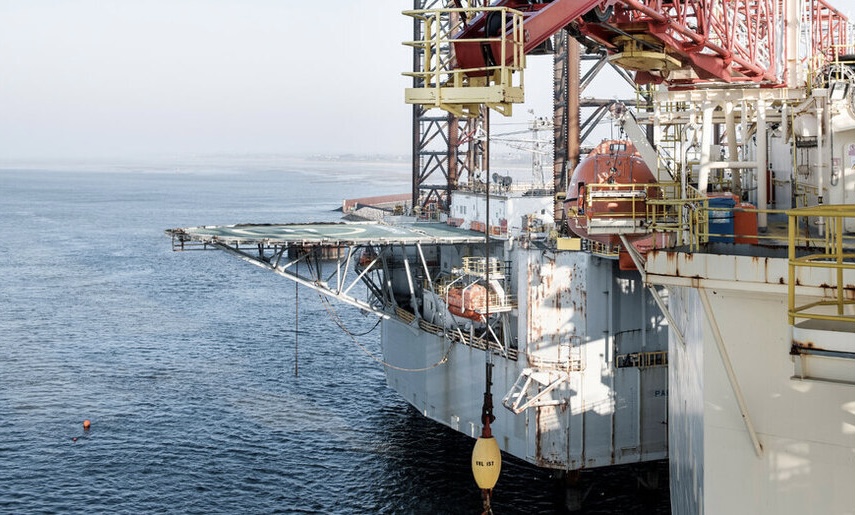KEY POINTS
- TotalEnergies has sold a 35% stake in Denmark’s Bifrost CCS project to CarbonVault, retaining operatorship with a 45% share.
- The offshore project aims to store 335 million tons of CO₂ in depleted gas fields and aquifers in the Danish North Sea.
- Bifrost could become a European hub for industrial carbon storage, repurposing oil and gas infrastructure for climate goals.
TotalEnergies SE is drawing a new partner into Denmark’s most ambitious carbon capture and storage (CCS) project, a step that underscores how Europe’s aging offshore oil and gas fields are being repurposed into climate infrastructure.
The French energy major said its Danish unit has signed a farm-down agreement with CarbonVault, an affiliate of German cement producer SCHWENK, for a stake in the Bifrost CCS development in the North Sea. Once the deal closes, TotalEnergies will hold 45% and remain operator, alongside CarbonVault’s 35% and Danish state-owned Nordsøfonden with 20%.
“Bifrost is designed to be a cornerstone of Denmark’s ambition to become a European hub for CO₂ storage,” said Arnaud Le Foll, senior vice president for carbon neutrality at TotalEnergies. “We’re pleased to welcome a partner that shares this long-term vision.”
From Gas Fields to Carbon Stores
Bifrost is among Europe’s largest planned CCS ventures, with capacity to store up to 335 million metric tons of CO₂ over 35 years. The acreage spans 2,118 square kilometers, about 200 kilometers west of Denmark’s coast, and includes the Harald gas fields—discovered in the 1980s and producing since the late 1990s—as well as the Dagny saline aquifer.
Once production winds down, CO₂ will be injected at depths of 2,700 to 3,400 meters, turning former hydrocarbon reservoirs into permanent storage sites. Much of the existing oil and gas infrastructure and pipelines will be repurposed, lowering both costs and the project’s environmental footprint.
For Denmark, Bifrost is not just a national project but a cross-border undertaking, with plans to receive captured CO₂ from industrial hubs across Europe. That could make the country a pivotal node in the continent’s climate strategy, providing storage capacity for hard-to-abate sectors like steel, cement, and chemicals.



